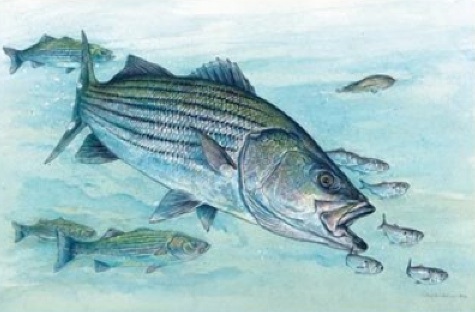Make it a Game Fish!
 Saturday, February 25, 2012 at 12:03AM
Saturday, February 25, 2012 at 12:03AM 
An important update from Stripers Forever on the upcoming hearing on H.206.
Keep America Fishing has built out a webpage that makes it very easy to send a letter on your behalf to the most important Massachusetts legislators on the committee who will be hearing H.206, the bill to make striped bass strictly a game fish in the waters off Massachusetts. Please hit the link and take a few minutes to help the cause.
If your zip code is outside the zip codes of the target legislators you will need to enter your street address after entering your zip code. A letter will then come up that you can send as is or modify if you wish.
Legislators friendly to the effort efforts have told Stripers Forever that the communications to MA legislators are making a big difference. They do care what you say and they are counting heads!
Please, send that e-mail today and help provide great striped bass fishing for the future.
 fish in the news,
fish in the news,  stripers forever,
stripers forever,  take action in
take action in  Conservation,
Conservation,  Environment,
Environment,  Species
Species 






